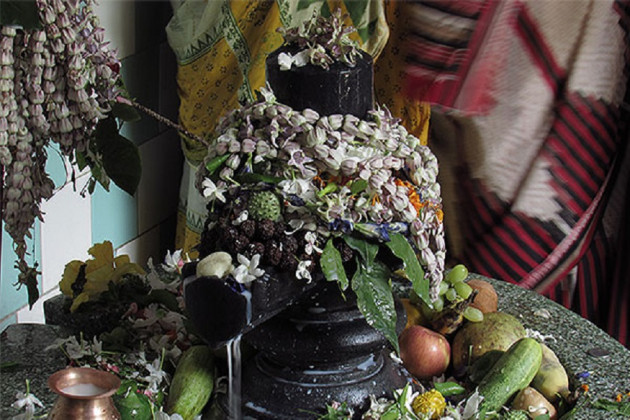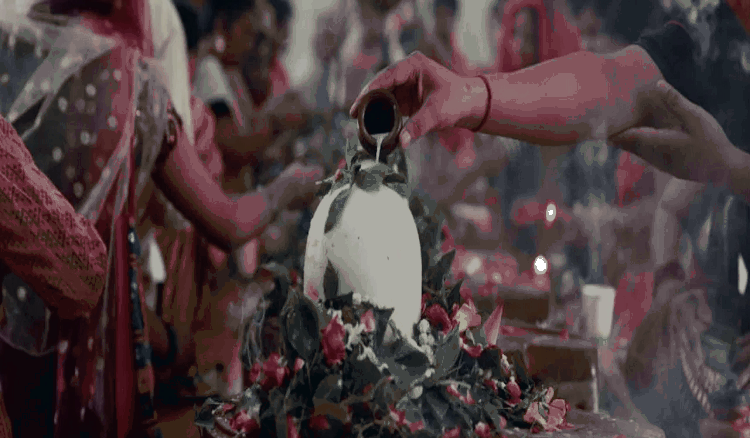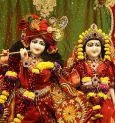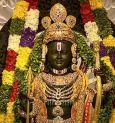Shivaratri, also known as the Night of Shiva, holds profound spiritual significance for millions of devotees worldwide. Observed on the fourteenth day of the dark fortnight in the month of Falgun, this auspicious occasion commemorates the marriage of Lord Shiva and Goddess Parvati.
Every year, on the fourteenth day of the waning moon in the month of Falgun, Hindus around the world observe Shivaratri, a festival dedicated to Lord Shiva. Known as the 'Night of Shiva', this auspicious occasion holds deep significance in Hindu mythology.
Legend has it that during the churning of the cosmic ocean, a pot of poison emerged, threatening to destroy the universe. In order to save creation, Lord Shiva consumed the poison but held it in his throat, turning it blue and earning him the name " Neelkanth " (the one with a blue throat). Shivaratri celebrates this act of selflessness and devotion.

This year, Shivaratri falls on the 8th and 9th of March, according to the lunar calendar. The auspicious timing for Shivaratri rituals begins at 9:57 PM on the 8th of March and concludes at 6:17 PM on the 9th of March.
Devotees observe various rituals and traditions to seek the blessings of Lord Shiva. One such ritual involves offering different flowers to the deity. Understanding which flowers are favoured by Lord Shiva can enhance the efficacy of one's prayers.
- Bel Leaves: Offering bel leaves to Lord Shiva is considered highly auspicious. It is believed that presenting fresh bel leaves with devotion pleases the deity and brings blessings.
- Datura Flowers: In astrology, it is said that offering dhatura flowers during Shiva puja brings prosperity and fulfilment of desires.
- Akanda Flowers: The offering of akanda flowers is also considered propitious as it symbolises purity and devotion.
While certain flowers are favored by Lord Shiva, there are also flowers that are advised against offering:
- Yellow Oleander Flowers: Yellow Oleander Flowers should not be used during Shiva puja as they are believed to be cursed by Lord Shiva.
- Ketaki Flowers: Offering ketaki flowers is discouraged during Shiva puja as they are believed to be cursed by Lord Shiva.
- Tulsi Leaves: Offering tulsi leaves to Lord Shiva is considered inauspicious during Shivaratri. Devotees steer clear of this offering to ensure their prayers are received favorably. In addition to floral offerings, devotees perform various rituals to appease Lord Shiva and seek his blessings.
Apart from the rituals, there are ways to seek the benevolence of Lord Shiva and Goddess Parvati:
Offering Rice: It is customary to offer rice grains to the Shiva Lingam daily. This ritual signifies gratitude and sustenance.
Offering Raw Rice And Monday Offerings: According to astrology, offering raw rice to the Shiva Lingam on Mondays fulfils wishes and brings inner peace.
Charity: Giving charity, especially rice or food grains, to the needy after completing the puja is believed to earn the blessings of Lord Shiva and Goddess Parvati.
In conclusion, Shivaratri transcends mere rituals; it is a time of spiritual rejuvenation and inner transformation. By understanding the significance of the rituals and adhering to them with sincerity, devotees can deepen their connection with the divine and embark on a path of enlightenment and fulfillment.
 বাংলায় পড়ুন
বাংলায় পড়ুন














